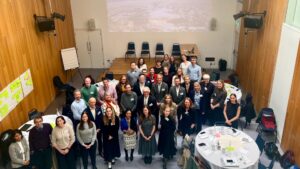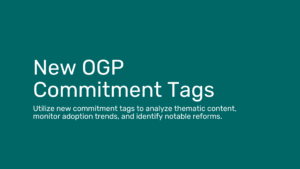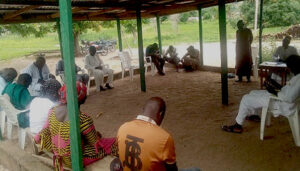
Open Governance Can Channel Youth Protests into Future-Proofed Systems
It has been a turbulent few months around the world as youth-led protests have roiled countries as diverse as Bangladesh, Kenya, and Nigeria. Much of the analysis of these protests has focused on the perceived and inter-related causes, which include…




